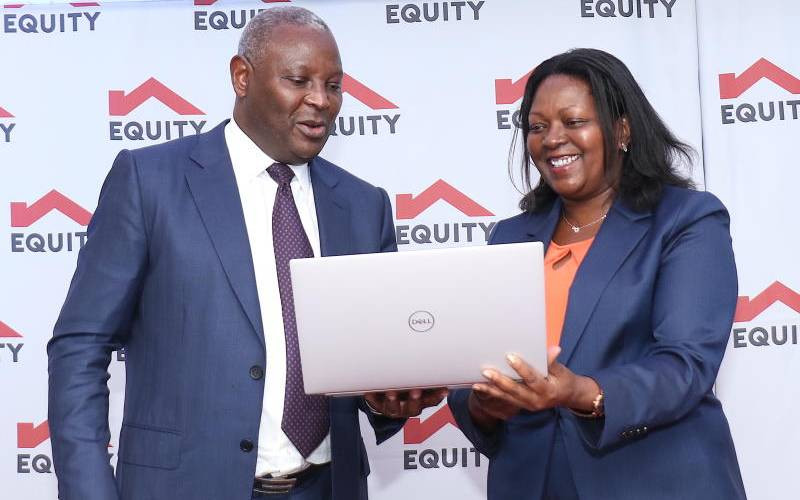×
The Standard e-Paper
Home To Bold Columnists

Equity Bank's depositors have now saved over Sh1 trillion with the lender, making the financial institution the first one in the East Africa region to cross this mark.
Reliable sources told Weekend in Business that Equity, which is set to release its results for the third quarter on Tuesday, hit this milestone in the first nine months of this year as it continued to mobilise more deposits from its customers spread in five countries.